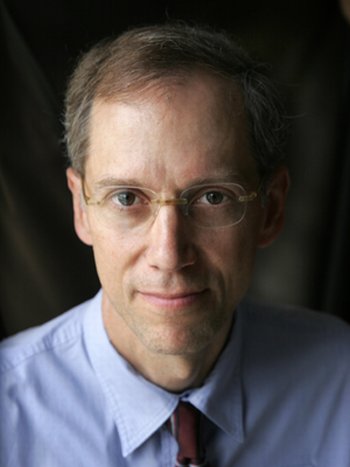Harlem is Focus of Health Commissioner’s Community Lecture February 17 at CCNY …

Harlem is Focus of Health Commissioner’s Community Lecture February 17 at CCNY

Photo: New York City Commissioner of Health and Mental Hygiene Dr. Thomas Farley
Dr. Thomas Farley, New York City Commissioner of Health, will deliver The President’s College and Community Lecture at The City College of New York (CCNY), 6 p.m. Wednesday, February 17, in The Great Hall. His topic will be “Take Care New York 2012: Building a Healthier Harlem.” The lecture is free and open to the public.
Take Care New York 2012 is an action plan for individuals and families, health care providers, community organizations, businesses and government to make New York City healthier. It sets ambitious goals to improve children’s health, improve neighborhoods by strengthening access to affordable healthy foods and safe housing, and diminish health disparities among New Yorkers of different races, ethnicities and income levels.
Those disparities are particularly acute in Harlem, an area characterized by large minority populations, high poverty rates and low education levels. It suffers from higher teen pregnancy and infant mortality rates; higher rates of hospitalization for heart disease, mental illness and asthma; greater reliance on emergency rooms for primary care; higher obesity and diabetes rates, and a higher cancer mortality rate.
In his talk, Dr. Farley will not only touch on the Take Care New York initiative, but also discuss city policies to reduce health disparities, and some of the Department of Health and Mental Hygiene’s initiatives to create healthier environments for New Yorkers. Prior to the lecture, he will meet with CCNY students, faculty and members of community-based organizations for a discussion on how these groups can support Take Care New York’s goals and initiatives currently underway at The College.
Several entities at The City College, including the Sophie Davis School of Biomedical Education, the Colin Powell Center for Policy Studies and the Memorial Sloan-Kettering / CCNY Partnership, have programs that address public health issues, including health disparities.
For example, fourth-year students in the Sophie Davis School’s B.S./M.D. program are placed in community health centers as part of a course on primary care and medical interviewing. One of the course requirements is a service-learning project that benefits patients who utilize the site where they are working.
Through the Memorial Sloan-Kettering/CCNY Partnership, CCNY’s Media and Communications Arts Department has developed a market research lab course that examines how to better understand key communications cues that help to achieve better awareness of specific cancers. For the fall 2009 semester, the class worked with CCNY Wellness and Counseling Center to raise awareness of cervical cancer and the human pampilloma virus vaccine.
The Memorial Sloan-Kettering/CCNY Partnership is also establishing a community outreach program to coordinate efforts in research, education and training. It will connect investigators with community-based organizations, service providers and other stakeholders. In addition, the program has established two community action boards to identify cancer-related health needs; one focusing on access to care, the other on prevention and risk reduction.
In addition, a science and technology seminar offered to students in the Macaulay Honors College focuses on the science behind Department of Health and Mental Hygiene’s (NYCDOHMH) policies to reduce key risk factors for coronary heart disease. Upon completion, students are able to assess the policies and health interventions based on their understanding of the scientific literature and identify health interventions that would improve the health of a New York City community.
* The above story is reprinted from materials provided by The City College of New York



















